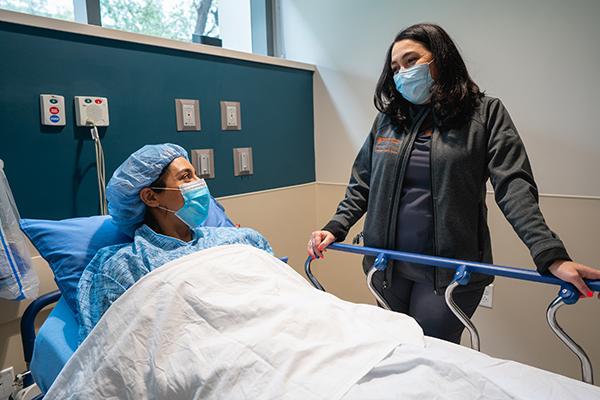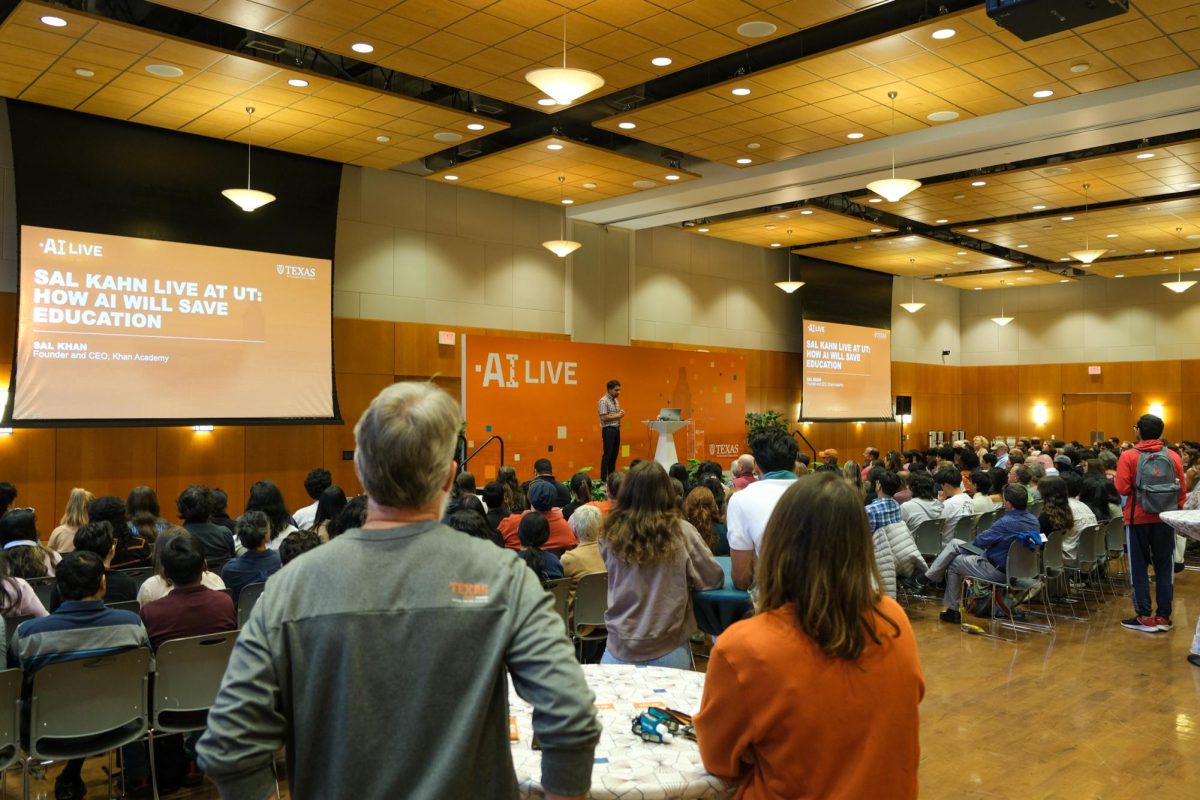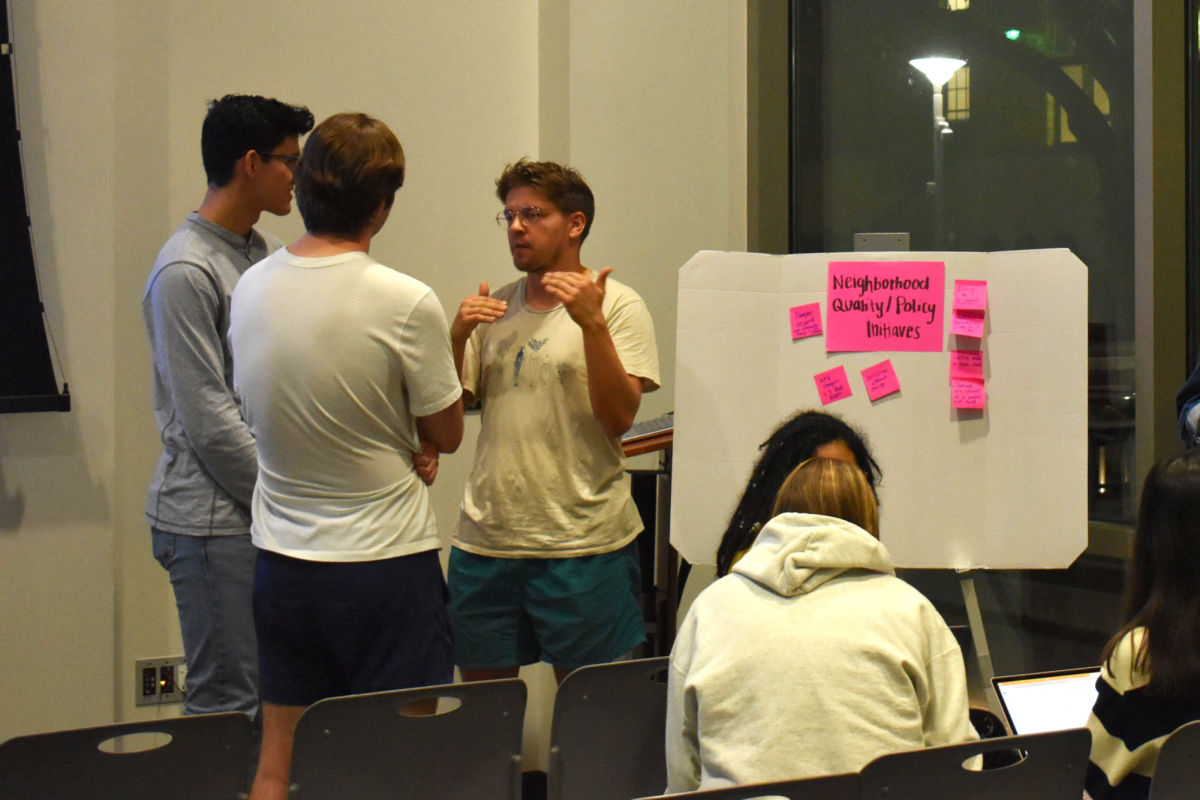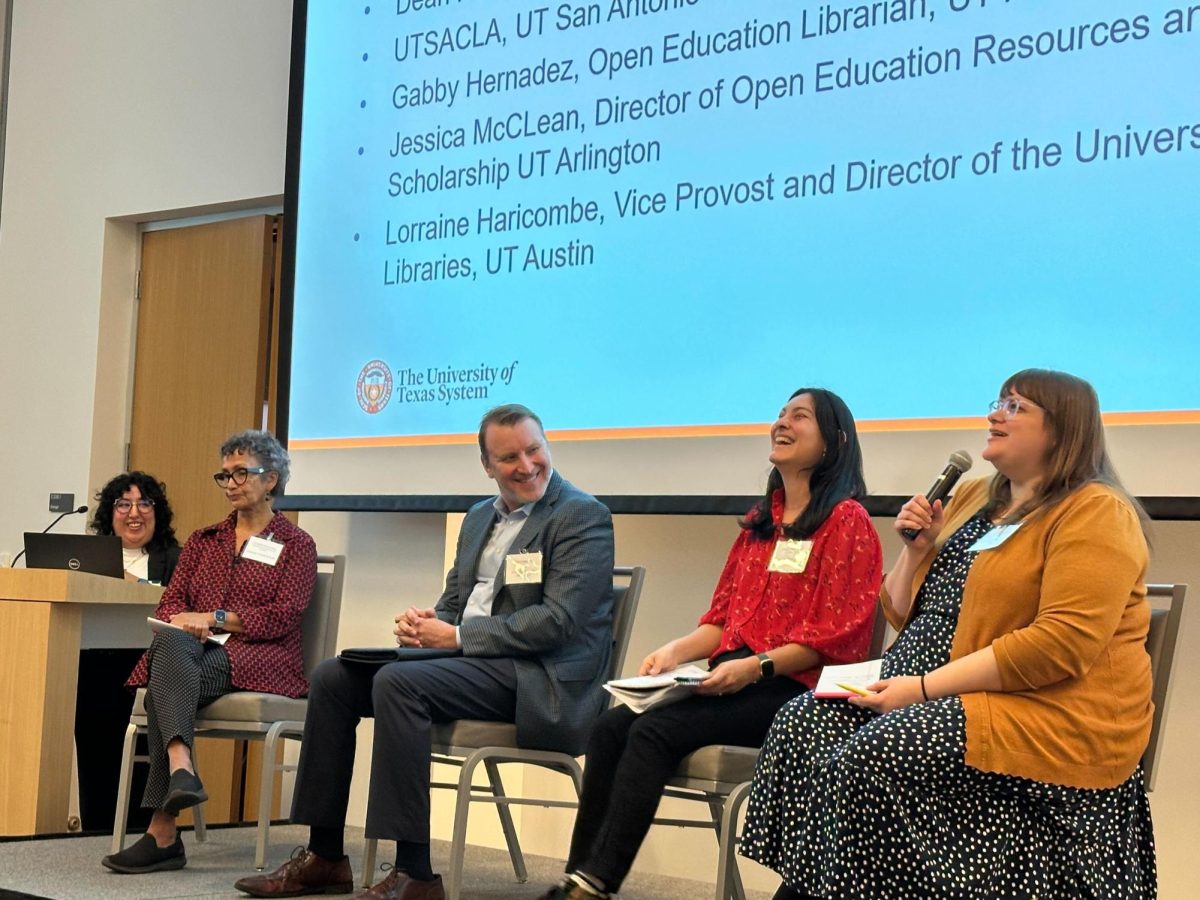UT Health Austin’s ambulatory surgery center opened Jan. 19, offering an alternative to hospital-based outpatient procedures.
Ambulatory surgery centers are health care facilities that are more accessible alternatives to hospital-based outpatient procedures. UT’s center uses four operating suites and 13 recovery rooms to provide patients with an alternative for outpatient or minimal overnight stay surgeries.
J. Stuart Wolf Jr., the center’s medical director, said the new center helps fill a void of medical care in downtown Austin for smaller surgeries at a decreased cost.
Stuart said people are often concerned about going to a teaching hospital, but he believes that’s where patients get the best care.
“Going to a teaching hospital actually virtually guarantees that you get state-of-the-art, best care possible,” Stuart said. “As a teacher, that’s what I have to deliver in order to teach my students … I have to be offering the new and best procedures and care because that’s what I have to teach.”
The center achieved accreditation from the Accreditation Association for Ambulatory Health Care with nine certified specialties, including general surgery, anesthesiology and plastic surgery.
Receiving certification from the association requires the center to maintain high quality organizational standards, Wolf said. Accreditation also allows pre-health students to engage in patient care but guarantees care is always directed by certified staff.
Tanuja Nath, a biomedical engineering freshman on the pre-med track, said while she realizes patients have concerns choosing ambulatory surgery centers over hospitals, the smaller facilities allow students to interact more closely with patients.
“From a qualification perspective, you would rather go to a hospital with an established center,” Nath said. “When shadowing at a smaller clinic setting, it’s easier to have some more hands-on practice and be able to interact with patients and doctors more. … You can just focus on patients more as opposed to (a hospital).”
Michelle Nwaeri, a nutrition senior on the pre-med track, said although the University’s pre-med network hasn’t provided her with many shadowing opportunities so far, she is thrilled the center will offer students a chance to engage in meaningful work.
“(Medical) access in Austin, especially in downtown, definitely could use a lot of work, so being part of something so impactful would be awesome,” Nwaeri said.
Having no medical insurance herself, Nwaeri said she is glad more accessible surgery options are available.
“If anything happens to me, I would definitely want to know where the lower cost options are available,” Nwaeri said.


















